Over the last months there has been a marked increase in public interest and concern surrounding various conceptual municipal and quasi-municipal development projects within Salisbury. The Land Use Office and Planning and Zoning Commission view this interest as an opportunity to promote a better understanding of how Salisbury’s land use system works, and to dispel some of the misinformation that is circulating within town.
The two primary regulatory land use commissions are the elected Planning and Zoning Commission (PZC), and the appointed Inland Wetlands and Watercourses Commission (IWWC). The authority of these commissions is derived from state and local statute. These land use commissions are obligated to follow the law, not politics or popular opinion, and operate under a strict set of guidelines. The only regulatory body whose decisions may be influenced by politics is the Board of Selectmen (BOS), though ultimately its decisions are guided by members’ perception of the best interests of the community at large. Public perspective is a welcome and necessary component of a transparent government. However, attempts to influence the decisions of land use commissions outside of legally noticed meetings are a form of politics termed lobbying. If lobbying affects the outcome of a land use decision, the town is potentially placed in legal jeopardy.
In addition to being bound by statute and regulations, land use commissions must ensure fair and equitable consideration of projects accomplished through a structured procedure that may, as appropriate, include public hearings. In the past, the PZC has also held workshops to gather information from the public on contentious issues. Through a combination of regulation and procedure, the goal of the land use process is to provide a level playing field for all interests and points of view. Therefore, attempts to lobby, prematurely “kill,” or otherwise alter the outcome of a project, disenfranchises the community at large, while infringing upon the rights of property owners to develop land within the limits of the regulations.
The PZC acts in two statutory capacities. As the Zoning Commission, it reviews site plans and special permits enforcing and enacting the zoning regulations. In addition to this, the PZC has a planning role. In the commission’s role as planners, it is statutorily mandated to adopt a plan of conservation and development (POCD). The POCD is a guidance document which catalogs the town’s land-use and governance priorities for the next decade. The PZC is currently drafting the 2024 POCD. To determine the priorities for the next 10 years, the PZC conducted a community survey in 2022. The goal was to obtain a better understanding of what the public considers to be issues facing the community. To provide unbiased perspectives on issues that were identified by this survey, the PZC retained Colliers Engineering. Colliers conducted/is conducting focused studies on opportunities in the villages of Salisbury and Lakeville, and to explore recreational needs and demands for the future. Presently, the PZC is evaluating the recommendations from the Colliers reports for possible inclusion in the POCD.
One topic recently drawing public interest is the Lakeville Village Planning Study completed on behalf of the PZC by Collier’s Engineering in 2023. The study contains concepts and recommendations. However, at this time, there are no applications to implement any of the Lakeville Village Planning Study’s recommendations. The recommendations made by the PZC in the POCD are preceded by words such as consider, explore, or evaluate. This underscores that the POCD is a framework to guide future discussions concerning conservation and development. Prior to adoption, the Planning and Zoning Commission will convene a public hearing to seek input on the draft POCD. Comments considered by the PZC to merit further discussion and consideration will be incorporated into the POCD.
Once a POCD is adopted, the PZC evaluates municipal improvement projects through a so-called 8-24 consistency review, which determines whether a project is consistent with the POCD. This requirement of the Connecticut General Statutes compels municipal investments to be made responsibly; based on a long-term vision, not in response to short-term political pressure or funding opportunities.
Subsequently, individual recommendations of the POCD may be pursued.
Generally, development projects undertaken by the town will include public hearings before one or more of the town’s regulatory land use commissions and the public will be provided ample opportunity to voice their concerns and/or support of the specific development proposal.
Potential development of town-owned land on Grove Street for affordable housing has been of recent public interest. The Land Use Office and PZC have received numerous items of correspondence attempting to influence Commission decisions. In this case, the PZC acting in its planning capacity was asked to conduct an 8-24 consistency review. This was an appropriate request to establish first and foremost whether use of this municipal property for affordable housing was consistent with the POCD. The Planning and Zoning Commission found that placing two affordable houses on this site and maintaining the mini-park open space at the rear of the property was consistent with the POCD.
The next step toward developing the land for affordable housing will require a zoning review in the form of a special permit and zoning permits. At this stage, conceptual development will be further refined. The PZC will have to determine if the proposed development complies with its regulations, including if structures will be sited so they complement the neighborhood’s development pattern.
By statute, an application for a special permit requires a public hearing. During the public hearing, the PZC will evaluate the proposal based on its regulations, not on how many letters of support or objection are received…the decision is governed by law. Letters to the PZC sent during a public hearing should provide concrete facts or suggestions for modifications based on criteria within the regulations.
However, most letters received are often simple statements of support or objection.
Future development of the municipally owned Pope Property has also been of heightened public interest. The Pope Property is illustrative of how politics has the potential to overshadow a rational land-use decision making process. The BOS appointed the Pope Land Design Committee to create concepts for the design of housing and recreation on this parcel. This underscores yet another problem, the creation of committees which take on planning functions, absent substantive involvement of the town’s land-use agencies and staff. Planning by committee is always fraught, and nowhere is there a better example than the public consternation and confusion resulting from the committee’s four concept plans developed for the Pope property.
There are no formal plans or projects at this moment on the Pope property. There are no applications for any projects. The community should expect the land use review process to considerably change those concepts presented by the design committee. Like Grove Street, development of the Pope property is subject to 8-24 consistency review by the PZC where proposed use will be evaluated against the POCD. The POCD will be/is informed by the Colliers Recreation and Open Space Study and the Salisbury Village Planning Study. Keep in mind, not all the recommendations or ideas from these studies will be included in the POCD. From there, the IWWC, PZC, and as applicable Historic District Commission, will evaluate formal applications against current regulations. The next steps for any development of the Pope property will be to obtain a POCD consistency determination from the PZC through the 8-24 review process, and then develop formal plans for components of the work, all of which will be reviewed by the entire community through the public hearing process.
What if a municipal project is not consistent with the POCD? Regardless of the funding source, if a municipal project does not receive a favorable 8-24 consistency review from the PZC, it must be referred to a town vote. Because a funding opportunity presents itself, it does not mean that a project will receive a favorable review. Availability of grants is not solely a justification for expansion of municipal infrastructure. The 8-24 consistency review evaluates whether it is in the town’s long-term interest to invest in infrastructure. The review considers whether provisions for maintenance and potential replacement of new infrastructure have been factored in.
In conclusion, I have attempted to explain how the municipal land-use process works. There are series of logical, legally proscribed steps, checks and balances to ensure that public input is received and that municipal assets are used wisely. To reiterate, to date there have been no applications for any development of the Grove Street or Pope parcels. Similarly, there are no projects or applications to implement any part of the Lakeville Village Planning Study.
I am grateful for the opportunity afforded by The Lakeville Journal to address these concerns. While the PZC authorized me to write an opinion piece, the views expressed are mine, and may not be fully representative of the entire commission.
Michael W. Klemens is chair of the Salisbury Planning and Zoning Commission and is a land-use consultant to municipalities across Connecticut.

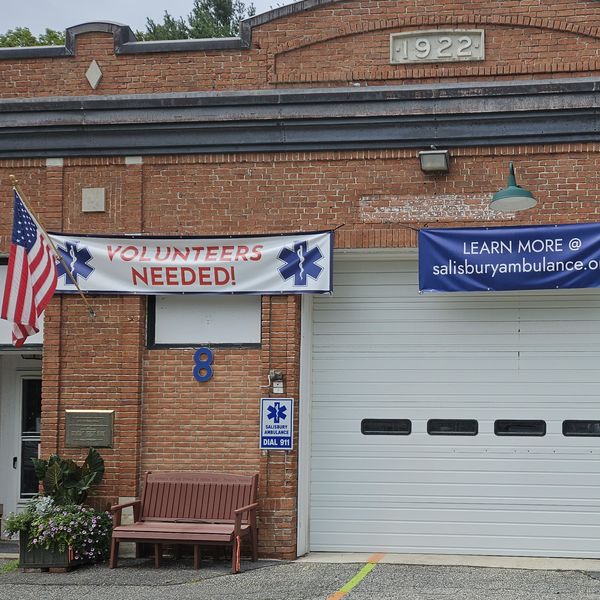
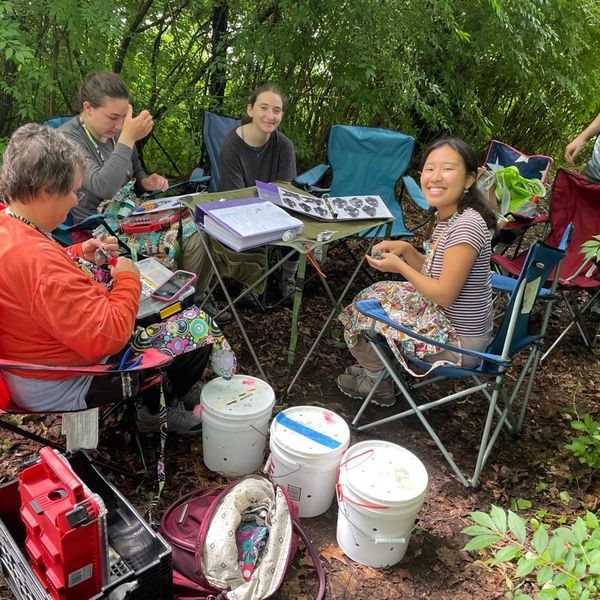
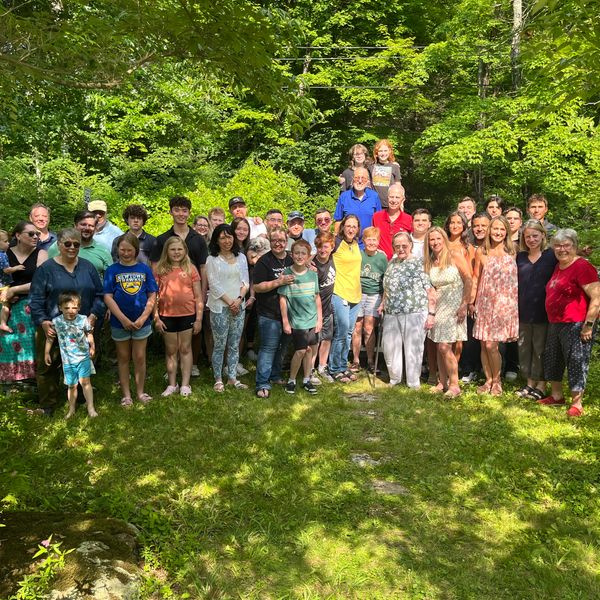
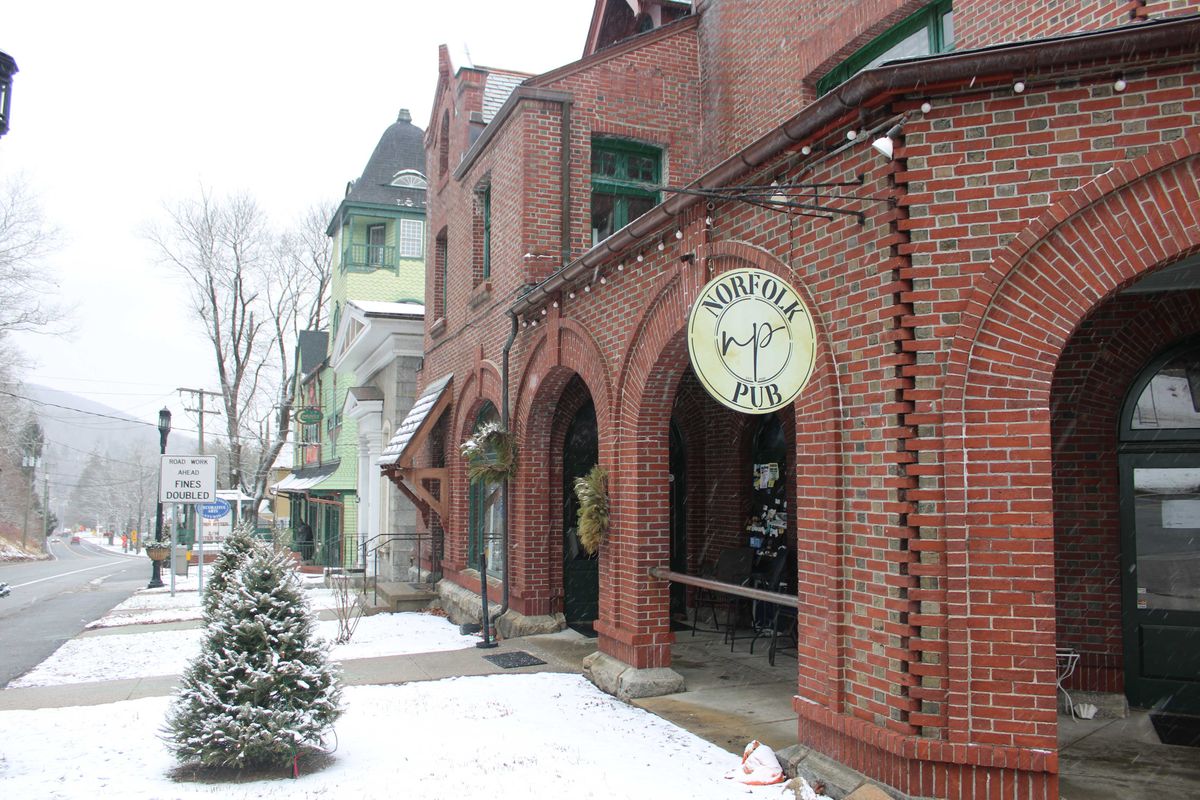
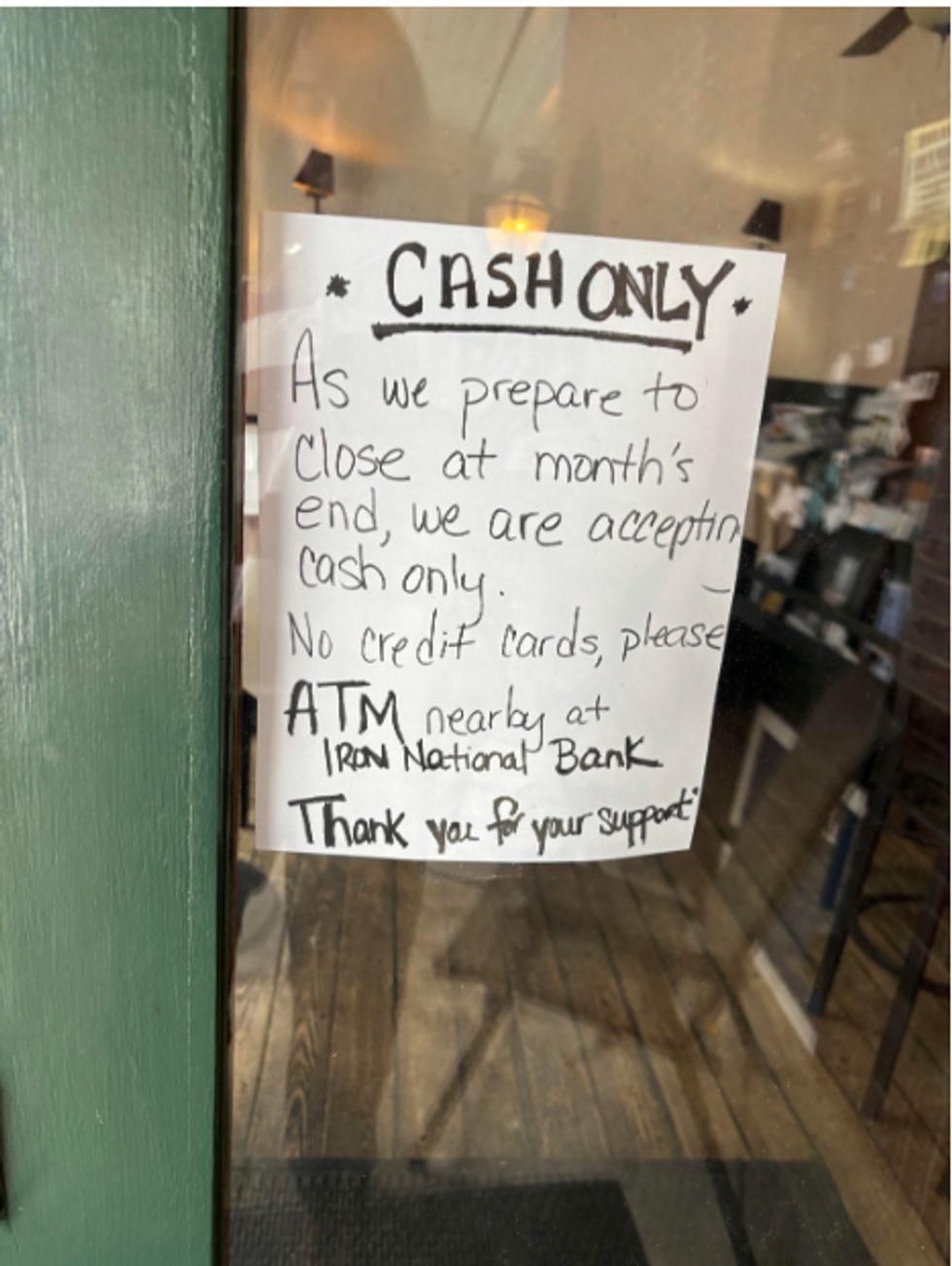 A notice posted on the door of the Norfolk Pub informs patrons that the establishment will accept cash only as it prepares to close at the end of the month. By Alec Linden
A notice posted on the door of the Norfolk Pub informs patrons that the establishment will accept cash only as it prepares to close at the end of the month. By Alec Linden 
 Belinde and Erick Garcia, of New Milford, are the parents of twins Gabriella and Isabella, who were the second and third babies born in Sharon Hospital in 2026. Their older siblings, Matthew, 6, and Melanie, 3, are pictured. Photo provided
Belinde and Erick Garcia, of New Milford, are the parents of twins Gabriella and Isabella, who were the second and third babies born in Sharon Hospital in 2026. Their older siblings, Matthew, 6, and Melanie, 3, are pictured. Photo provided 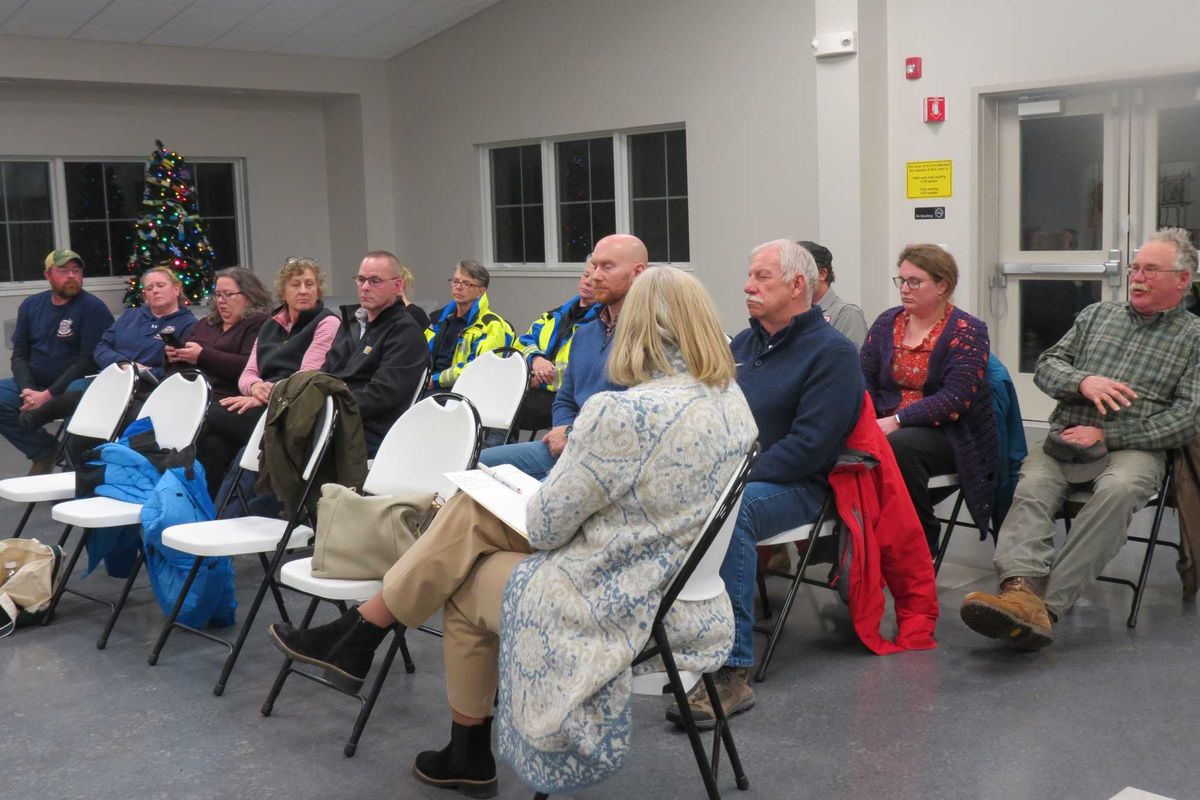
 Nuvance/Northwell employees host a Jan. 5 meeting on emergency service providers. From left: Matt Cassavechia, Sharon Hospital director of emergency services; Christina McCulloch, Sharon Hospital president and CEO; Thomas Horkan, Sharon Hospital EMS coordinator; and Dr. Ron Santos, Sharon Hospital emergency room director.By Ruth Epstein
Nuvance/Northwell employees host a Jan. 5 meeting on emergency service providers. From left: Matt Cassavechia, Sharon Hospital director of emergency services; Christina McCulloch, Sharon Hospital president and CEO; Thomas Horkan, Sharon Hospital EMS coordinator; and Dr. Ron Santos, Sharon Hospital emergency room director.By Ruth Epstein 
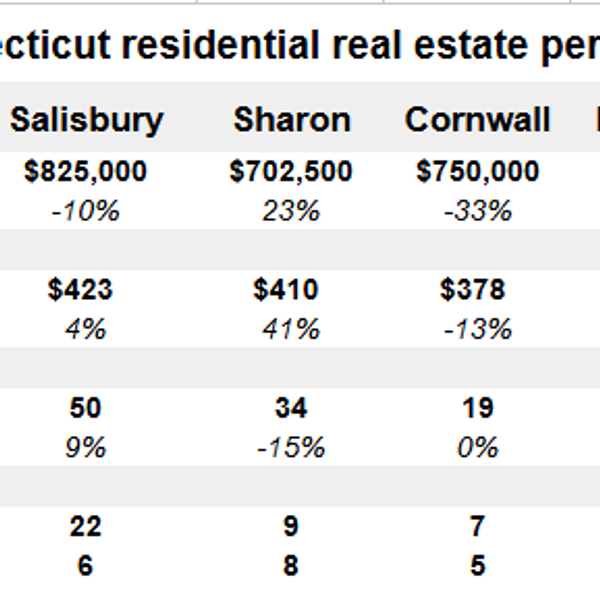




Politics versus policy, planning, and procedure